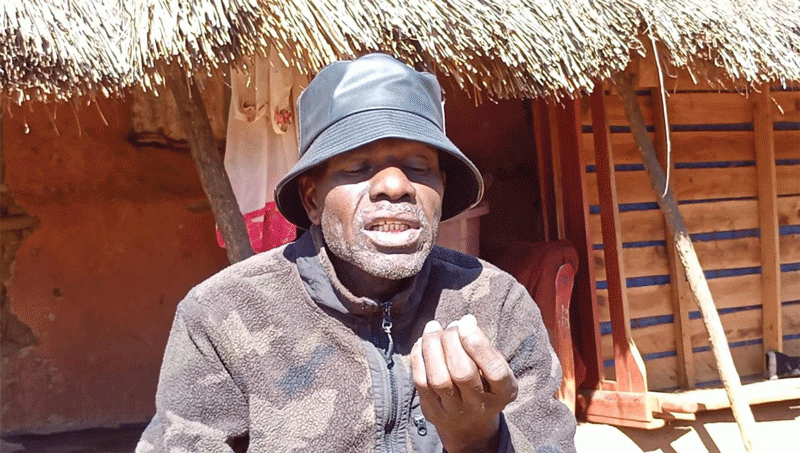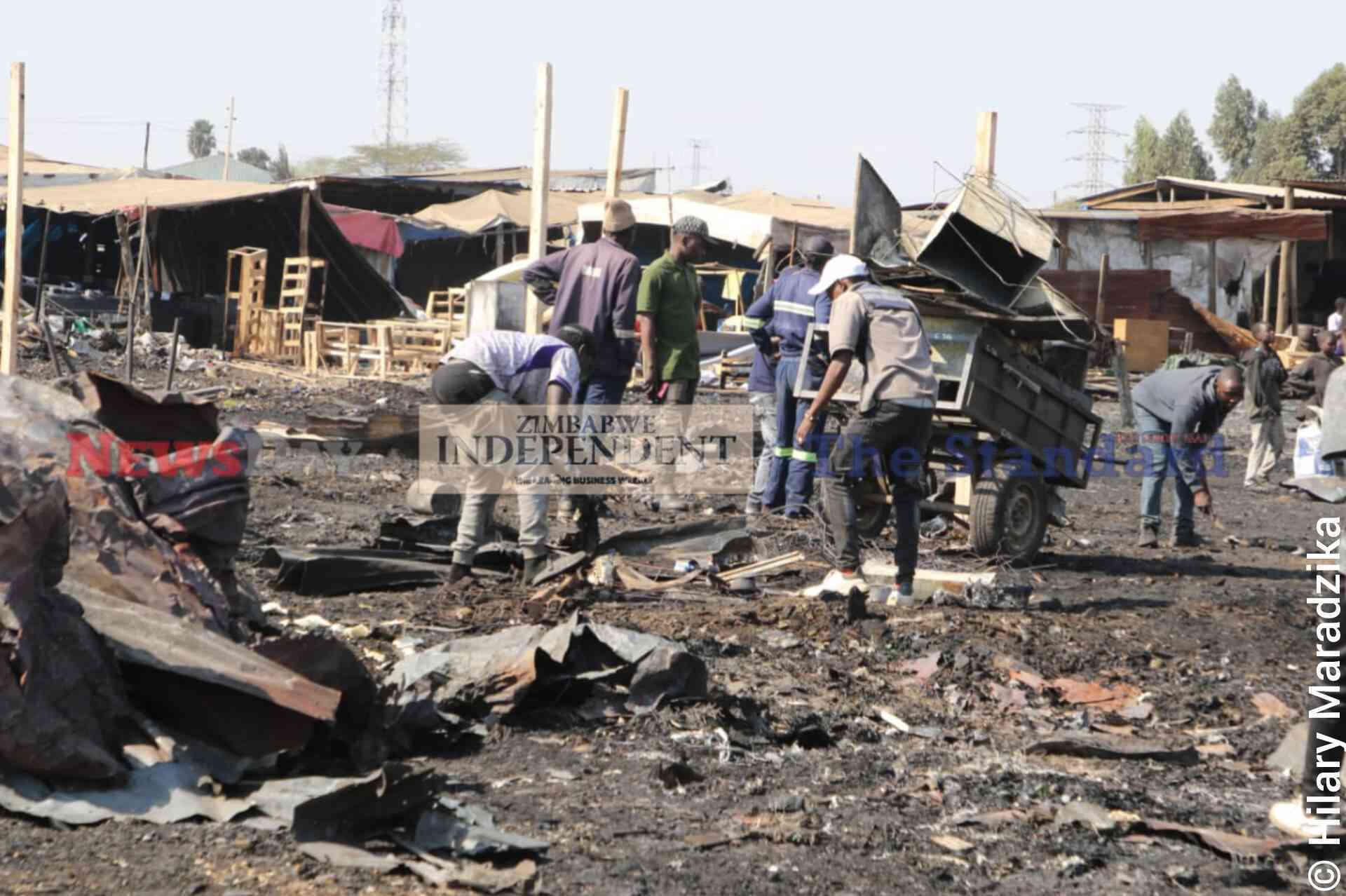
At independence, Zimbabwe adopted a socialist-oriented mode of governance. In fact, the country could not escape socialism given that the ruling party, just like most liberation movements in Africa, had pursued the same ideology during the war of liberation and used it to campaign for its first election victory.
The choice for socialism was influenced by several factors among which include the political and economic orientation of China and the Soviet Union which were the ideological parents of most of those who led the war. Second, the war of liberation was premised on addressing the racial marginalisation of the black population by the colonial regime. And for that reason, socialism became a necessary driving force.
Socialism is a political and economic theory of social organisation which advocates that the means of production, distribution and exchange should be owned or regulated by society as a whole. The economy and everything about it must be driven and owned by the people and not just a few individuals as is the case under capitalism.
There is a lingering question on whether the country adopted full-throttle socialism or a hybrid mainly during the first decade of independence.
The question arises given that the leadership was cautious that socialisation of the means of production through radical land reform and the nationalisation of industry was not possible without harming the economy.
I am not discussing how Zimbabwe performed under the socialist ideology but I want to highlight some of the ideas implemented by the government during those early stages of independence which should have been pursued further and deeper.
Part of the slogan at that time was that, since we had won the country back, it was time to build and rebuild and that responsibility rested on the people.
As a young boy during the 1980s, I remember my grandparents in the village receiving free bags of cement to build family toilets to improve health and hygiene.
- Mavhunga puts DeMbare into Chibuku quarterfinals
- Bulls to charge into Zimbabwe gold stocks
- Ndiraya concerned as goals dry up
- Letters: How solar power is transforming African farms
Keep Reading
I remember villagers putting together some contributions to pay for the drilling and maintenance of boreholes. The same villagers worked with the Roads and Transport ministry to construct roads and bridges.
The primary school which I later attended was built by the villagers. They organised themselves and moulded bricks, arranged transport to deliver the bricks to the school and supported those with expertise in brick-laying to build school blocks. They appealed to donors for furniture and other educational materials with the government providing trained teachers. It was village-led development.
On its part, the government put pressure on everyone to attend school — that then was the birth of education for all. Children attended class in the morning, while adults attended classes in the afternoon. The purpose of adult education was to improve literacy and to build a citizen who was aware of basic knowledge on livelihoods, diet and nutrition and the importance of living a healthy life.
While this model was built on the realisation that the new government could not do everything for everyone everywhere and that the people should play a role in transforming their own lives, there are some important lessons to be drawn from this experience. The first lesson, is of course, realising that as a poor country, you cannot promise to meet everyone’s needs.
The second lesson is that knowledge and combined access to services and infrastructure result in social changes necessary to establish a progressive flow of human interactions and relationships that can transform cultural and social institutions. For example, farming knowledge plus access to sustainable water led some to become year-round farmers, while others transported the produce with some opening green markets, thus establishing trading and a rural economy.
This is in addition to household sustainability. Growth occurs gradually and over time and often with profound and long-term consequences for society.
Of course, not all rural areas were progressing at the same pace, but those that did, did not need to depend on the government for everything. For example, if the government had rolled out a massive solar project to rural areas, by now it would only worry about providing power to industry instead of being in a situation where it expanded consumption before it did the same for power generation.
This approach may appear too farfetched but it is the same adopted by white commercial farmers by improving their access to basics, local services and infrastructure without depending on central government.
The successful commercial farming sector which became more than 60% backbone of the economy from the 1980s to 2000s was built on the same rural development model. The outcome of this includes the cities and towns the country inherited at independence.
That dream of development from below or rural areas died when the country went on full-throttle capitalism ideology in the 1990s when the government adopted the so-called Economic Structural Adjustment Programme (ESAP). Zimbabwe’s ESAP grew out of a particular interpretation of the Zimbabwean economy’s performance. While capitalism is a major driver of economic growth everywhere in the world, the challenge is that it centralizes money as the solution to every problem.
When it is mirrored against the western model of economic development, it involves massive capital migration from the center to the periphery, one industrial sector to another and from one country to another and these movements do not come cheap. They come with conditions most of which are known to weaken the recipient government over its own affairs. Development projects in rural areas provide a timely and valuable opportunity in which to prioritize national financial resources knowing that rural areas are self-reliant and thus do not require major attention from the central government.
Tapiwa Gomo is a development consultant based in Pretoria, South Africa. He writes here in his personal capacity.











